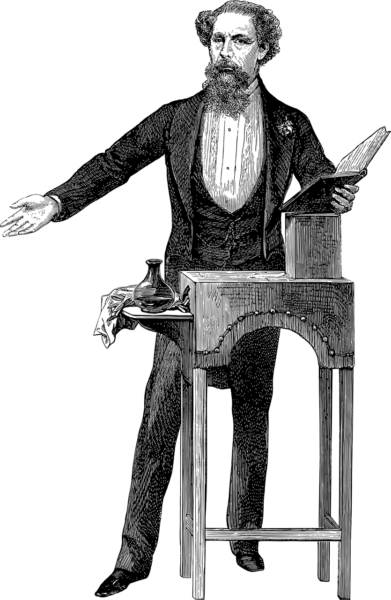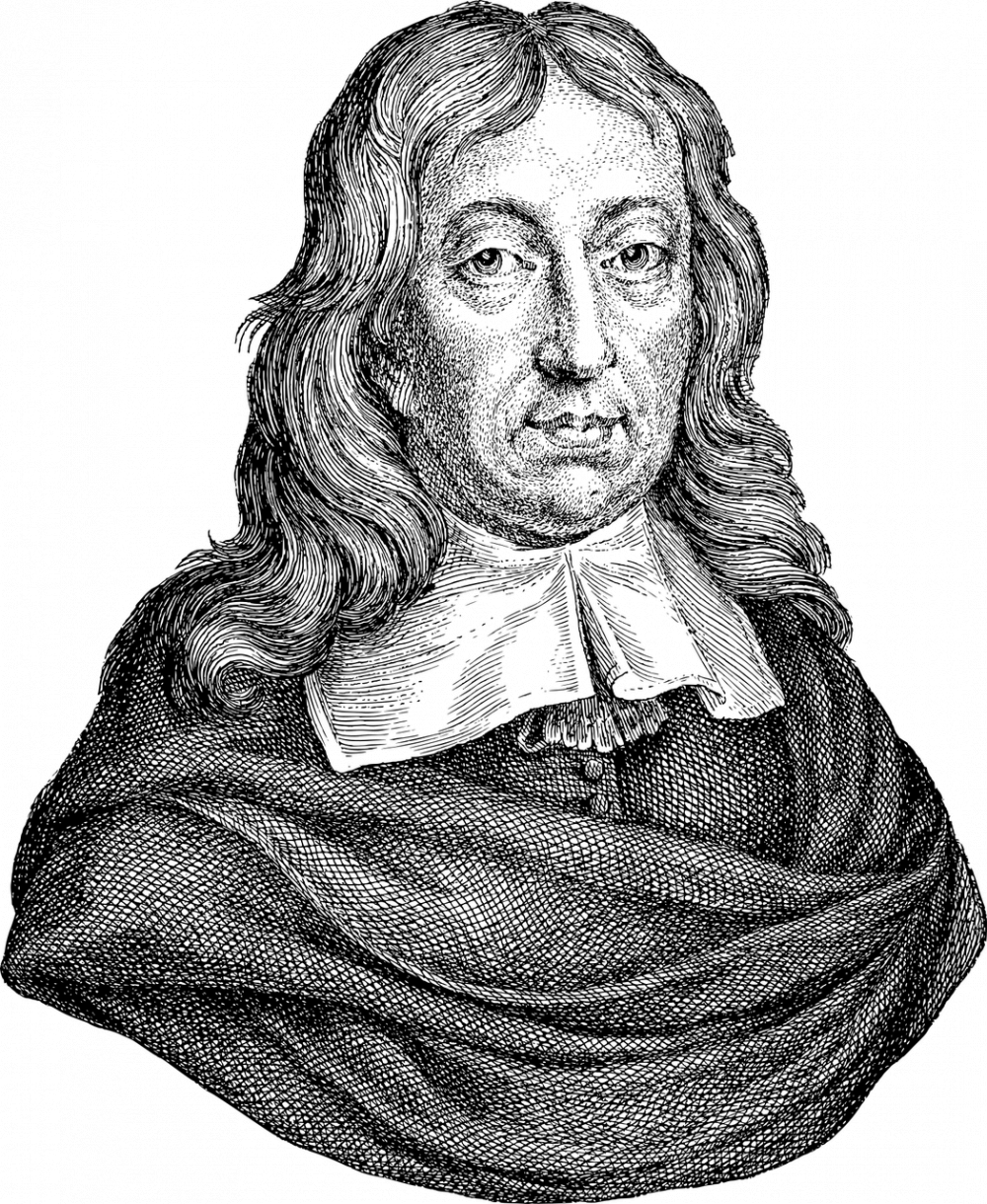Franz Kafkas Books: A Comprehensive Analysis of His Work

Introduction:
Franz Kafka, a renowned Czech-born German-language writer, is widely regarded as one of the most influential figures in the world of literature. His unique writing style, existential themes, and exploration of the human condition have captivated readers for decades. In this article, we will delve into Kafka’s books, highlighting their importance and providing valuable insights for those with a general interest in this subject.
I. Understanding Franz Kafka’s Books

1. The Enigmatic World of Kafka:
– Franz Kafka was a master of portraying the complexities of the human mind and society.
– His works often feature surreal elements, absurd situations, and a heightened sense of alienation, making them intriguing and thought-provoking.
2. Key Themes Explored:
– Alienation and Isolation: Kafka’s protagonists often find themselves trapped in oppressive systems, unable to escape their isolation.
– Powerlessness and Bureaucracy: Kafka’s works shed light on the individual’s struggle against impersonal institutions and authority figures.
– Existential Anxiety: Kafka delves into the anxieties of existence, the search for meaning, and the inevitability of death.
3. Notable Works by Kafka:
– The Trial: Explores themes of justice, guilt, and the absurdity of the legal system.
– The Metamorphosis: Follows the bizarre transformation of Gregor Samsa into a giant insect and delves deeper into themes of identity and isolation.
– The Castle: Portrays the protagonist’s futile attempts to gain access to a mysterious castle, reflecting the individual’s struggle in a perplexing bureaucratic world.
II. Evolution of Kafka’s Books Over Time
1. Early Writings:
– Kafka began writing during the early 20th century, reflecting the atmosphere of political instability and societal changes of the time.
– His early works, such as “Description of a Struggle” and “Wedding Preparations in the Country,” lay the foundation for his later explorations of existential themes.
2. The Influence of Prague:
– Growing up in Prague, an ethnically diverse city, exposed Kafka to various cultures and languages, which influenced his writing style.
– The city’s labyrinthine streets, Gothic architecture, and rich history provided Kafka with an endless source of inspiration for his dark and introspective narratives.
3. Posthumous Impact:
– Kafka’s literary significance became more widely recognized after his death.
– Max Brod, Kafka’s close friend, played a crucial role in the preservation and publication of his works, allowing them to reach a broader audience.
– The provocative nature of Kafka’s books, coupled with their universal themes, continues to resonate with readers and inspire countless adaptations in literature, film, and art.
III. How to Navigate Kafka’s Books
1. Start with “The Metamorphosis”:
– This novella serves as an excellent introduction to Kafka’s style and themes.
– Its concise length and gripping narrative make it accessible to new readers.
2. Explore the Short Stories:
– Kafka’s short stories, such as “A Hunger Artist” and “A Country Doctor,” offer concise yet profound glimpses into his imaginative world.
3. Dive into “The Trial” and “The Castle”:
– These novels represent some of Kafka’s most complex and captivating works.
– While challenging, they provide a deeper understanding of his themes and writing style.
In conclusion, Franz Kafka’s books continue to fascinate and intrigue readers, offering profound insights into the human condition. With his unique style and exploration of existential themes, Kafka’s works have left an indelible mark on the literary world. Whether you are new to his writings or a seasoned enthusiast, delving into Kafka’s books promises to be an intellectually stimulating journey.
References:
– McReynolds, J. (1991). The Kafka Debate. New York: Gordian Press.
– Sokel, W. H. (2003). The Myth of Power and the Self: Essays on Franz Kafka. Detroit: Wayne State University Press.
FAQ
How did Kafkas books evolve over time?
What are the key themes explored in Franz Kafkas books?
Which of Kafkas works should I start with as a beginner?
Flere Nyheder
Erhvervsfotografering i Aalborg: God for forretningen
Introduction: Franz Kafka, a renowned Czech-born German-language writer, is widely regarded as one of the most influential figures in the world of literature. His unique writing style, existential themes, and exploration of the human condition have c...
01 juni 2025
Galleri Nordjylland: Kunsten i Hjertet af Vendsyssel
Introduction: Franz Kafka, a renowned Czech-born German-language writer, is widely regarded as one of the most influential figures in the world of literature. His unique writing style, existential themes, and exploration of the human condition have c...
04 november 2024
Erhvervsfotograf – Din nøgle til professionelt visuelt indhold
Introduction: Franz Kafka, a renowned Czech-born German-language writer, is widely regarded as one of the most influential figures in the world of literature. His unique writing style, existential themes, and exploration of the human condition have c...
14 marts 2024
Plakater til mor: Den perfekte gave er hylder kærlighed og taknemmelighed
Introduction: Franz Kafka, a renowned Czech-born German-language writer, is widely regarded as one of the most influential figures in the world of literature. His unique writing style, existential themes, and exploration of the human condition have c...
06 marts 2024











